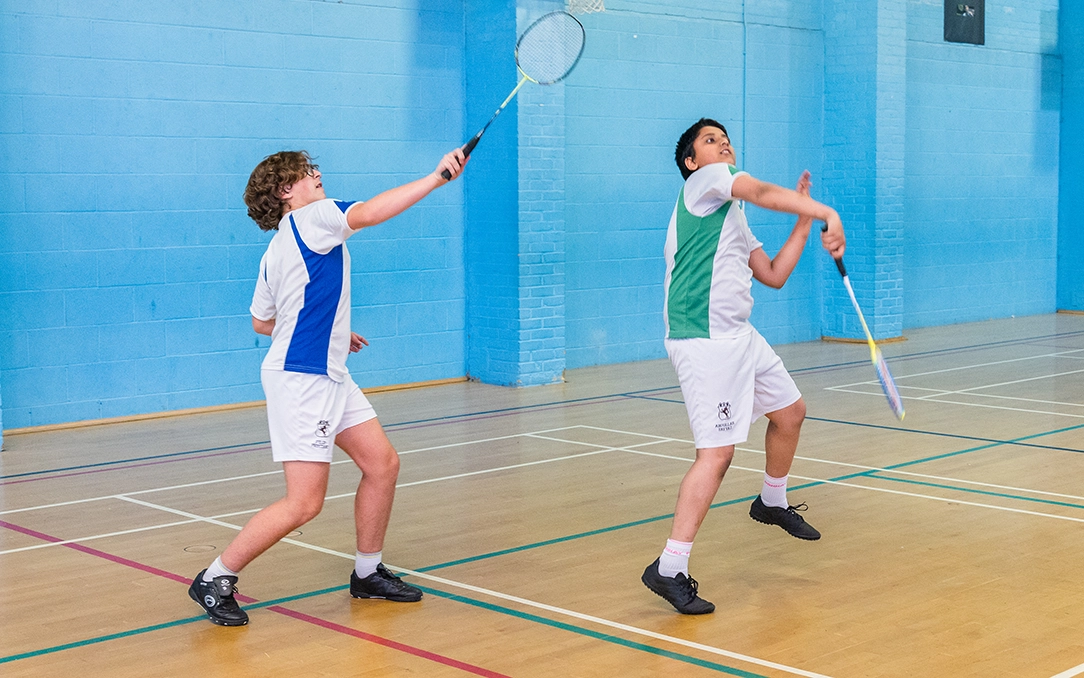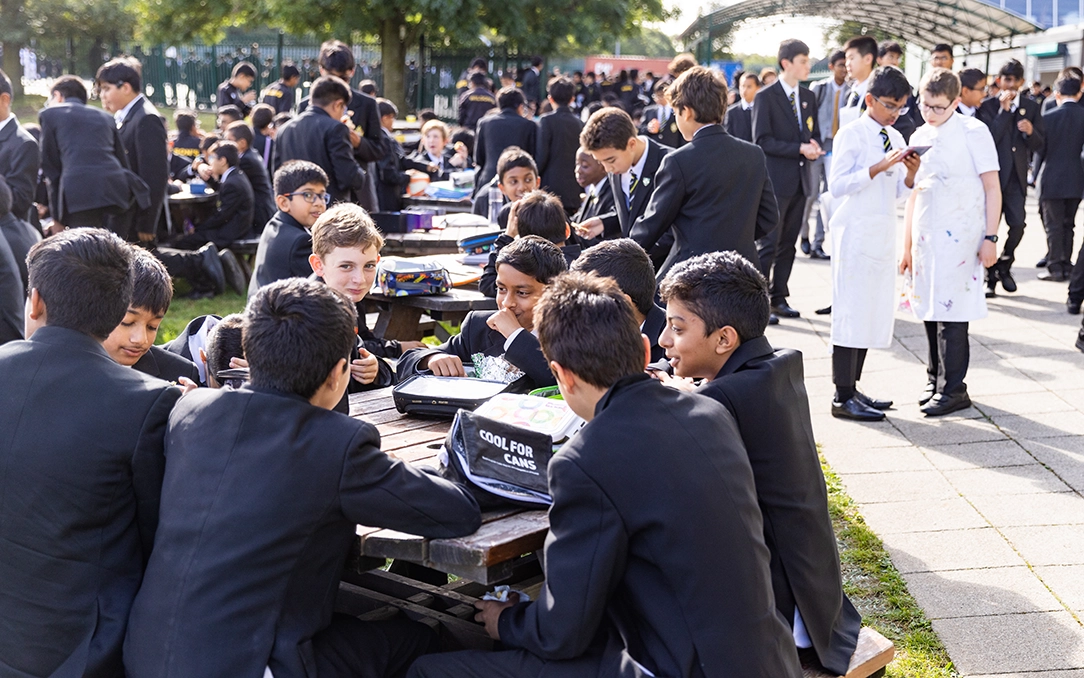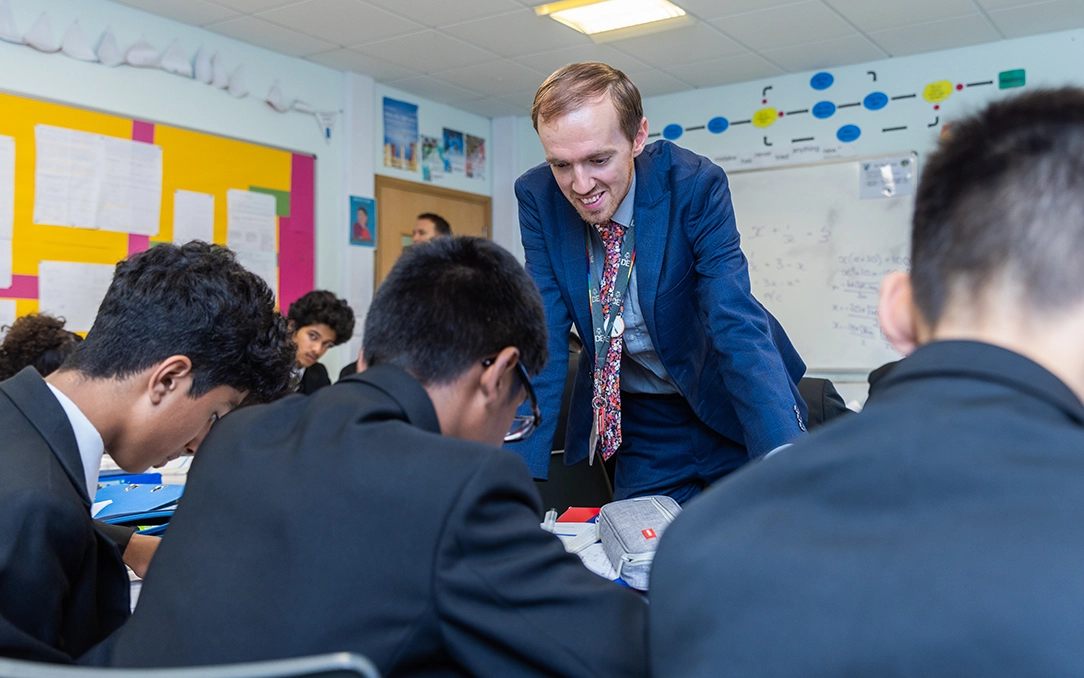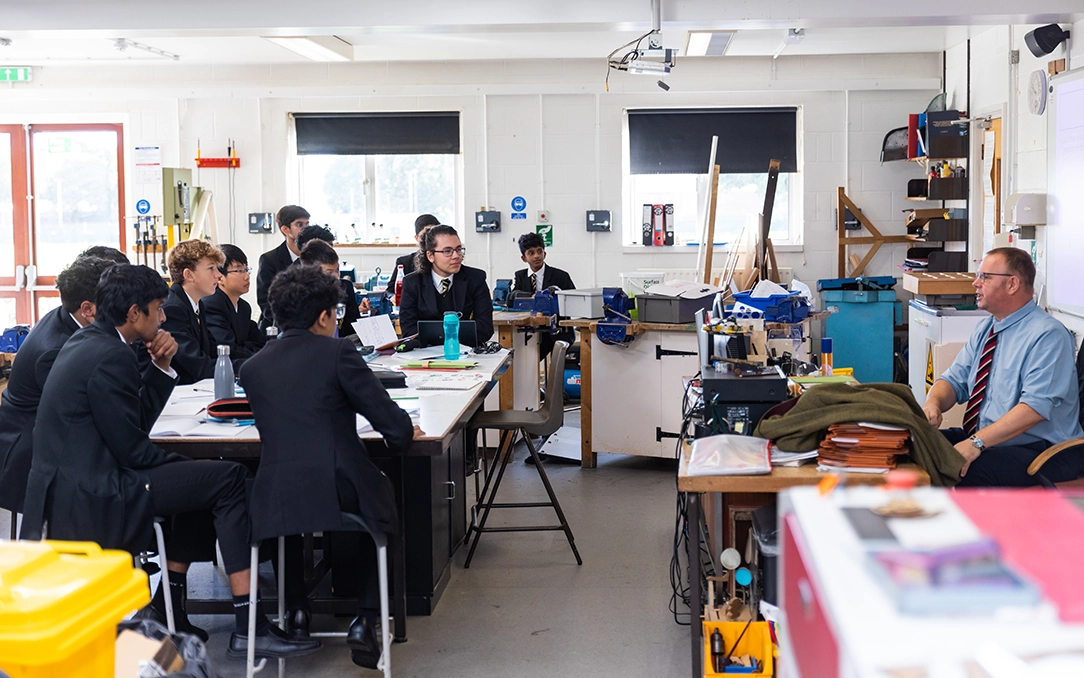Tackling Racism, Homophobia & Bullying
For School to be a happy and productive place, kindness and respect is everything. These are values that we seek to promote in all aspects of school life, with the intention that pupils should have the strength of character to act decisively in the face of wrongdoing. Bullying is completely antithetical to the guiding principle of the school’s Code of Conduct: “everybody will act with courtesy and consideration to others at all times”.
Pupils are encouraged to be alert to bullying and to report it promptly when they become aware of it. For staff, there is a duty to act promptly and firmly against bullying in accordance with school policy.
How bullying is prevented
The school raises awareness of the nature of bullying and different types of bullying in PSHE lessons, form time, assemblies and sometimes subject lessons in an attempt to raise awareness of such behaviour. Pupils are told how to report bullying and how it is dealt with. Assemblies address different forms of bullying (including racism and homophobia) in a systematic way. In assemblies teachers openly discuss differences between people that could motivate bullying, such as religion, ethnicity, disability, gender or sexuality. Pupils are taught that using any prejudice-based language is unacceptable. The Pupil Wellbeing Lead and Key Stage Directors review information about bullying regularly and evaluate the effectiveness of the methods used to prevent and tackle it. All teaching staff recognise that bullying and peer-on-peer abuse can be child protection issues that must be addressed.
How bullying is dealt with
A pupil who has been bullied will be given support. Time will be made available so that he has an immediate opportunity to discuss the experience with a form tutor, Head of Year, Pupil Support Manager or another member of staff of their choice. The purpose of this discussion will be to explore what has happened and provide reassurance for the pupil. This may lead to on-going support with the designated member of staff, the school counsellor or school nurse or somebody else. Over time, the goal will be to ensure that self-esteem and self-confidence is restored. Parents will be contacted and, where necessary, given further information and advice.
A pupil who has perpetrated bullying will also be given the opportunity to discuss what has happened and how he become involved. The purpose of this meeting will be to ensure that the perpetrator accepts that their behaviour was wrong, knows that the bullying must stop and that they will be closely monitored – and to establish the plan of action for improving their attitude. Occasionally, the perpetrator may also be advised to seek counselling or anger management support.
Where appropriate, bystanders (see below) will also be spoken to about how they become involved and what made them speak out (or what prevented them from doing so)
All instances of bullying are recorded and reviewed over time to ensure that the bullying behaviour has definitely come to an end (and to help us in develop the school strategy to prevent bullying).
Racism, homophobia and transphobia
We acknowledge that overt and covert racism still exists in schools, workplaces and other institutions and continues to be a source of anger and dismay for us all, requiring proactive attention and a dynamic response. Plans are being put into place to create a Diversity Team, made up of pupils and headed by our new Diversity Prefect, which will be able to advise on the experiences of pupils in the school, conduct research, and help create resources that can be used in school to tackle racism, and make the school as inclusive as possible.
The use of homophobic slurs or bullying or abuse based on someone’s gender or sexuality, (or perceived gender or sexuality) is not tolerated.
We feel we have taken many steps in the right direction in recent years, including establishing the anonymous ‘Report a Concern’ page for reporting incidents (including racism, and other hateful and bullying behaviour); pupils are reminded about this on a regular basis. We also hold full and detailed pupil surveys (which address questions of pupil safety and equality) but we there is always more we can do, in particular by talking more to black and ethnic minority pupils about their experiences in the school and considering their recommendations at all levels.
In May 2024, we hosted our biennial mental health conference with delegates from schools the south-east of England.
Racism, homophobia and bullying are regularly subject to discussion by Key Stage Directors and the wider Learner Development Team and each year we revisit and develop our anti-bullying strategy in school and commit ourselves to further understanding how hateful attitudes and behaviour can be tackled in children and adults.




